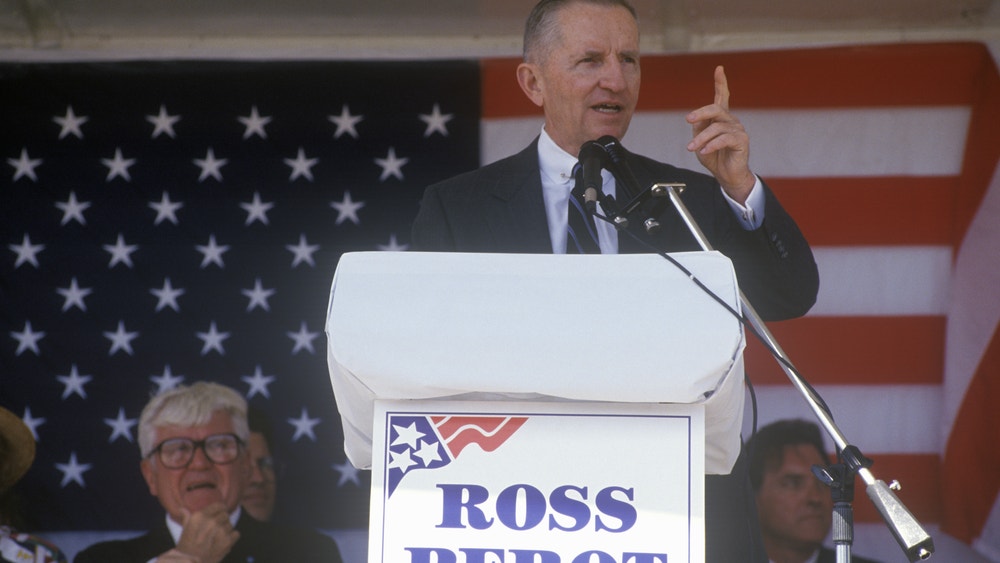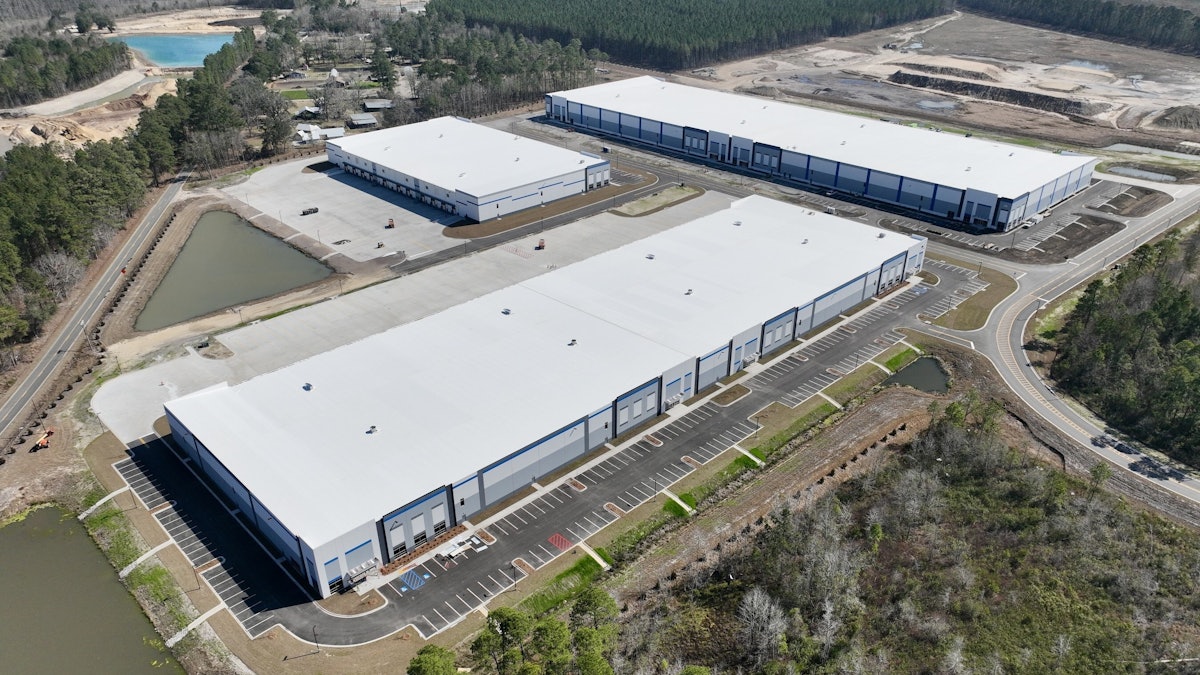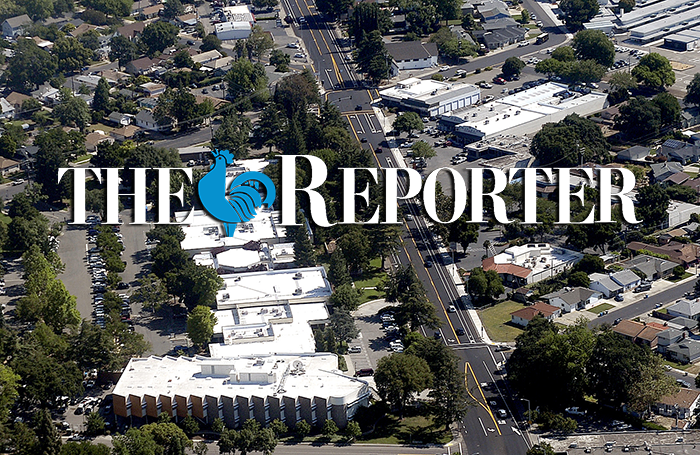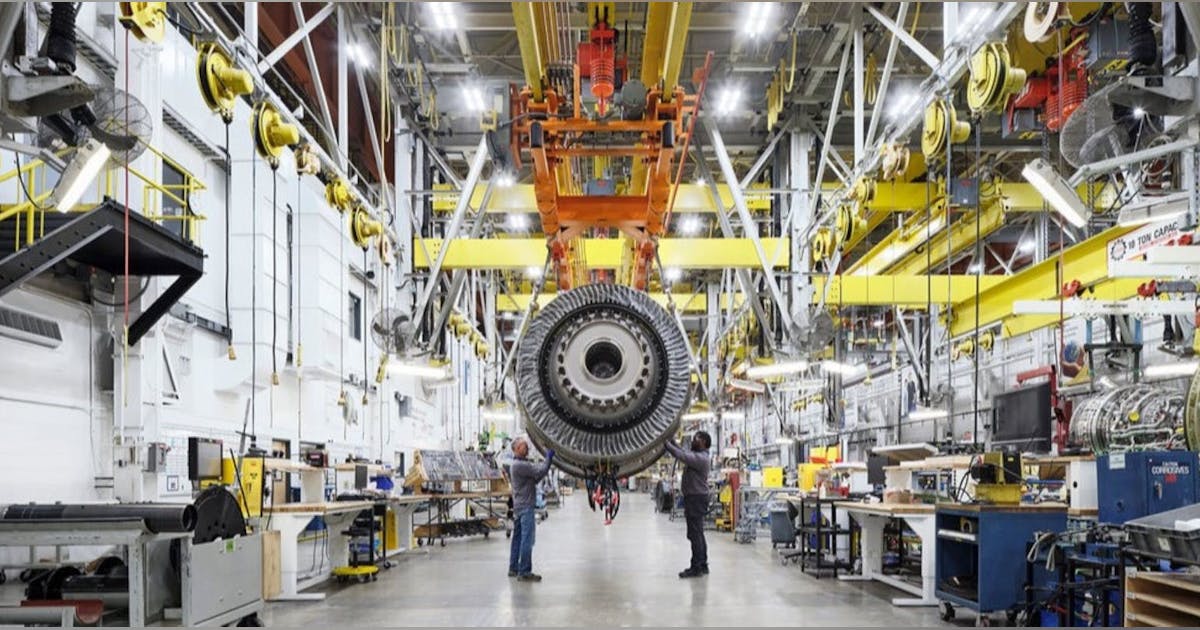Manufacturing
2025-04-15 14:53:11
Content

Joe Rogan Reflects on Ross Perot's Prophetic Warning About American Manufacturing
Comedian and podcast host Joe Rogan recently highlighted the remarkable foresight of Ross Perot, who during the 1992 presidential race warned Americans about the devastating consequences of trade deals on the nation's manufacturing sector.
During a recent episode of "The Joe Rogan Experience" featuring comedian Ron White, Rogan revisited Perot's iconic "giant sucking sound" prediction about U.S. jobs migrating to Mexico.
"American manufacturing collapsed," Rogan emphasized. "And they did it all for money. They sacrificed an entire industrial ecosystem for short-term financial gains."
Perot's prescient warning has resonated with many who have witnessed the significant decline of domestic manufacturing over the past decades, underscoring the long-term economic implications of globalization and trade policies.
The Economic Prophecy: How Ross Perot's Warning Reshaped American Manufacturing
In the intricate landscape of economic transformation, few voices have resonated as powerfully as those challenging the status quo of international trade policies. The narrative of American manufacturing's decline is a complex tapestry woven with global economic shifts, political decisions, and unintended consequences that continue to shape the nation's economic identity.
Unraveling the Economic Threads of Global Trade Dynamics
The Prophetic Vision of Ross Perot
Ross Perot emerged as a distinctive voice in American political discourse, offering a prescient warning about the potential devastating consequences of international trade agreements. His iconic "giant sucking sound" metaphor captured the imagination of millions, highlighting the potential mass exodus of American manufacturing jobs to countries with lower labor costs. Unlike traditional political rhetoric, Perot's straightforward communication style cut through complex economic jargon, presenting a stark vision of economic transformation that would fundamentally alter the American industrial landscape.
The prediction was not merely a political soundbite but a nuanced analysis of global economic restructuring. Perot understood that trade agreements like NAFTA would create unprecedented challenges for American workers, particularly those in manufacturing sectors. His warnings transcended partisan boundaries, presenting a non-ideological perspective on the potential economic disruption that would follow large-scale international trade liberalization.
The Systematic Dismantling of American Manufacturing
The economic transformation that Perot anticipated unfolded with remarkable precision. Multinational corporations, driven by the pursuit of increased profitability, systematically relocated manufacturing operations to countries with significantly lower labor costs. Mexico became a primary destination, offering companies substantial economic advantages through reduced wage expenses and more flexible regulatory environments.
This industrial migration was not a sudden event but a calculated strategic shift. Companies recognized that by relocating production facilities, they could dramatically reduce operational costs while maintaining product quality. The economic calculus was straightforward: lower wages, reduced regulatory compliance costs, and increased profit margins represented an irresistible proposition for corporate leadership.
The Socioeconomic Ripple Effects
The consequences of this manufacturing exodus extended far beyond simple economic metrics. Entire communities that had been built around industrial production found themselves economically devastated. Manufacturing towns across the Rust Belt experienced dramatic population declines, increased unemployment, and long-term economic stagnation.
The human cost of these economic transformations was profound. Generations of workers who had built careers in manufacturing found themselves suddenly unemployed, facing significant challenges in retraining and finding comparable employment. The social fabric of these communities was fundamentally altered, creating lasting economic and psychological impacts that continue to reverberate through American society.
The Global Economic Reconfiguration
What emerged was not just an economic shift but a fundamental reconfiguration of global manufacturing dynamics. The United States transitioned from being a manufacturing powerhouse to increasingly becoming a service and consumption-oriented economy. This transformation represented a seismic change in the nation's economic identity, challenging long-standing assumptions about industrial capability and economic resilience.
The irony of this transition was not lost on economic observers. While corporations achieved significant short-term financial gains, the long-term national economic strategy became increasingly fragmented. The pursuit of immediate financial optimization came at the expense of sustainable, diversified economic development.
Reflections and Contemporary Perspectives
Decades after Perot's initial warnings, his analysis continues to be referenced by economic commentators and political analysts. Comedians and podcast hosts like Joe Rogan have revisited these predictions, highlighting the remarkable accuracy of Perot's economic forecast. The ongoing discourse surrounding trade policies demonstrates the enduring relevance of understanding complex economic transformations.
Contemporary economic strategies now increasingly emphasize the importance of maintaining domestic manufacturing capabilities, recognizing the strategic vulnerabilities created by complete offshore relocation. The COVID-19 pandemic further underscored the critical importance of robust domestic production infrastructure, bringing Perot's decades-old warnings into sharp contemporary focus.









